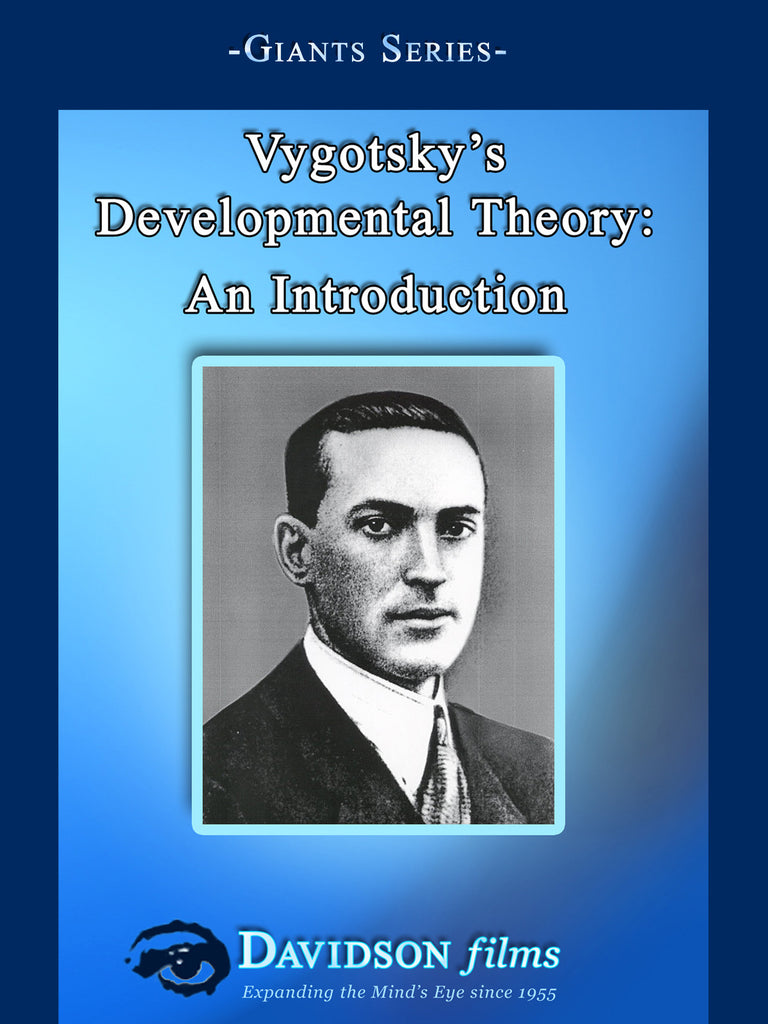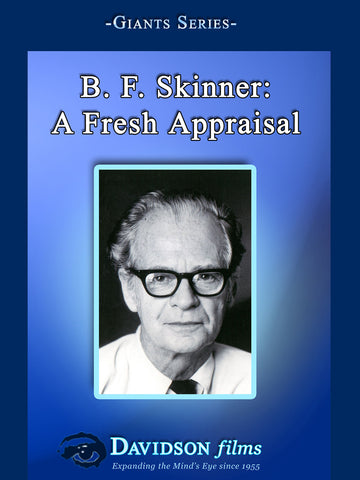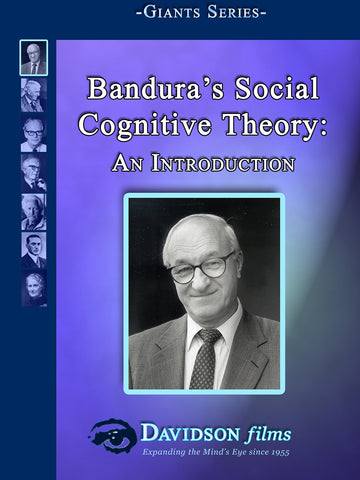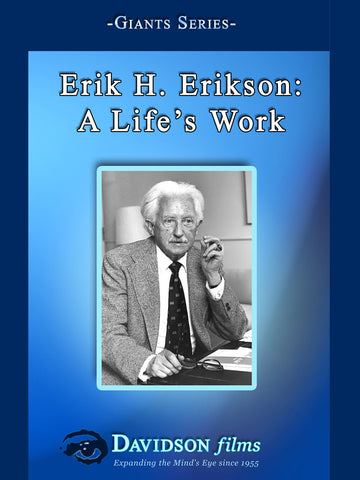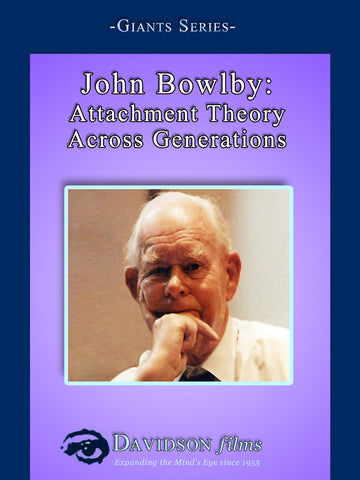Vygotsky’s Developmental Theory: An Introduction With Ph.Ds Elena Bodrova and Deborah J. Leong
Institutional DVD price: $ 250.00
Description
The work of Lev Vygotsky is increasingly cited as we reconsider the theory and practice of constructivist education. This program introduces the life, vocabulary and concepts of Lev Vygotsky. The video illustrates four basic concepts integral to his work: Children construct knowledge, learning can lead development, development cannot be separated from its social context, and language plays a central role in cognitive development. Elena Bodrova brings an easy familiarity to these concepts. Deborah Leong’s commentary and the lively classroom examples enable students, teachers in training, and classroom teachers to incorporate these concepts into their understanding of child development.
Preview
Learning Guide
Discussion Topics
Reviews
Review 1
"I liked the film very much and particularly liked the Margaret Mead films, which visually supported Vygotsky's emphasis on the social context of learning. Bravo."--George Forman, Ph.D., University of Massachusetts, Amherst
Review 2
"How do school-aged children learn? How is knowledge displayed in children? What are the steps in children's mental development? These and other questions are addressed in Vygotsky's Developmental Theory: An Introduction. Elena Bodrova and Deborah J. Leong, professors of Early Childhood Education at Metropolitan State College in Denver, Colorado, and co-authors of the book Tools of the Mind: The Vygotskian Approach to Early Childhood Education (Merrill/Prentice Hall, 1996) provide a biographical sketch of Russian educational psychologist Lev Vygotsky and also incorporate Vygotsky's history and scholarly development into an analysis of his theories on children's mental and intellectual development."Vygotsky's Developmental Theory: An Introduction explains how this early 20th century thinker has impacted and continues to affect the intellectual lives of children into the 21st century. Viewers will learn how Vygotsky overcame overwhelming odds to become a leader in the field of early childhood education and how French cognitive theorist Jean Piaget played an influential role as his mentor. Using three classrooms as examples in the film, including a Head Start and two multi-age primary classrooms, Bodrova and Leong describe some of the major issues in the area of child development, including Vygotsky's theories on how children construct knowledge; the process of learning and how it leads to intellectual development and the interconnectedness of development and social context.
"Footage of the indigenous people of Mannis, New Guinea is used to show Vygotsky's theories on how (based on social context) non-Western cultures have different ways of classifying and describing experiences. Bodrova and Leong also deconstruct some of the more difficult terms in this field of study, including 'multiple classification,' 'The Zone of Proximal Development (ZPD),' 'Levels of Independent Performance,' 'Levels of Assisted Performance,' the differences between 'lower intellectual functions,' 'higher intellectual functions,' and the critical role of language in the mental functions of children.
"Enhanced with tasteful, original music by Thad Davidson and eye-catching animation and graphics by Mark Wright, this video-based textbook includes a well-written script with clear voice-overs, and a balance of scholarly and theoretical commentary. It is fused with clear, historical film and archival footage.
"Early childhood majors and educators in the field would find this introductory film indispensable. Recommended for film and video collections in the area of Education.
-- Belinda L. Robinson- Jones, Coordinator, Educational Media Center/AV Services, Ohio University-MATC - Zanesville Campus Library, Zanesville, Ohio 43701

